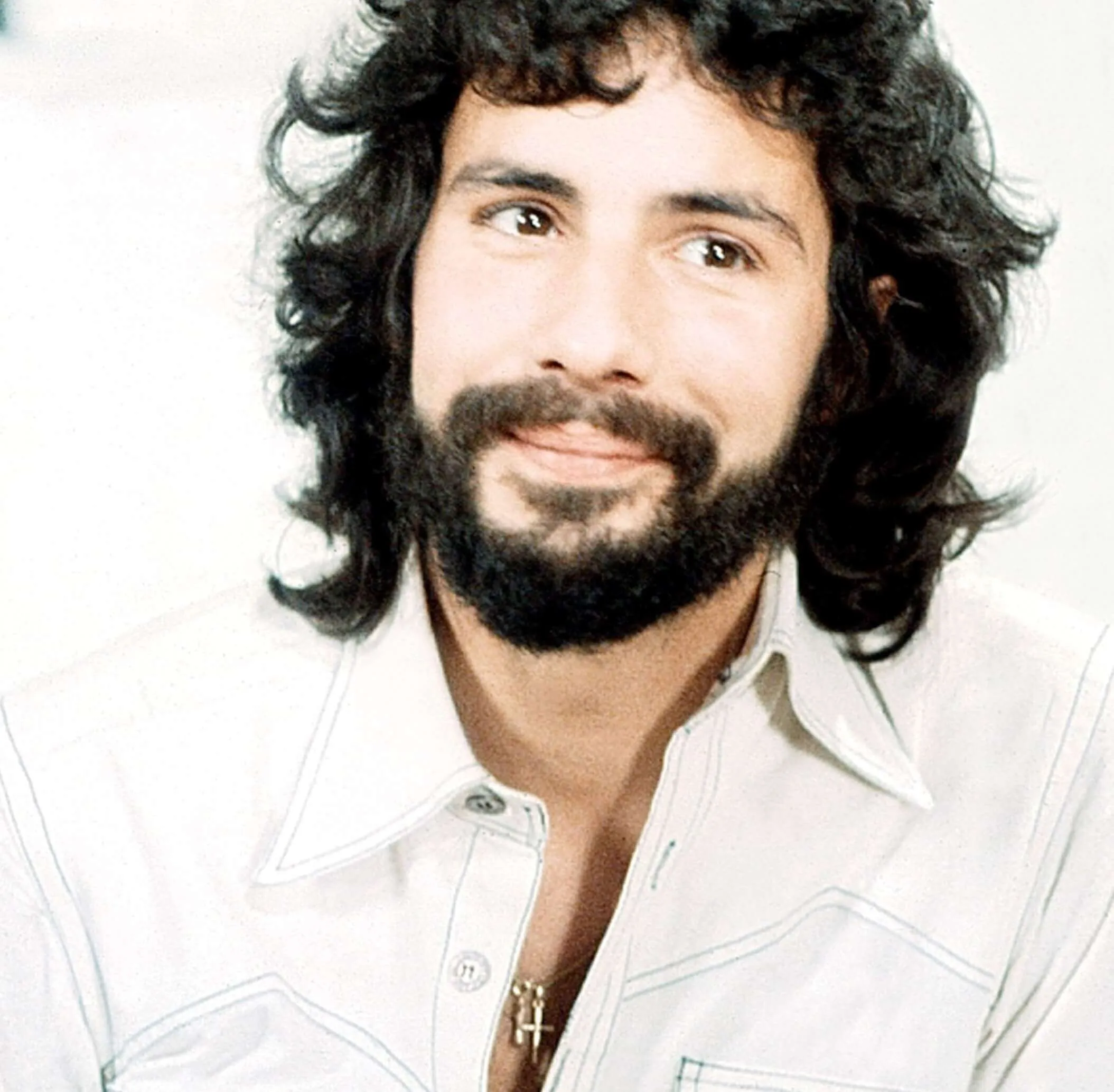
Cat Stevens Wrote Classic Rock’s Most Hypocritical Song
Cat Stevens has released some breathtakingly beautiful classic rock songs. However, one of his most popular ballads feels hypocritical in retrospect. It’s a shame because the song has a timeless message.
1 Cat Stevens song from the Vietnam War era didn’t age well
The Vietnam War deeply impacted the rock music of the late 1960s and 1970s. Tunes like John Lennon’s “Give Peace a Chance,” The Monkees’ “Last Train to Clarksville,” and Creedence Clearwater Revival’s “Fortunate Son” dealt with the war.
One of the most moving of these songs was Stevens’ folk ditty “Peace Train.” It spoke to the times, but also had a message about harmony that will be relevant until the end of time.
Sadly, “Peace Train” has become hypocritical. Stevens, a Muslim, condemned Salman Rushdie’s novel The Satanic Verses, which commits blasphemy against the Prophet Muhammad. Stevens said that anyone who insults the Prophet Muhammad must be put to death in accordance with Islamic law. Apparently, Stevens didn’t get on his own peace train.
On his website, Stevens discussed Islam’s teaching that anyone who insults the Prophet Muhammad deserves to die. “In 1989, I initially went along with the campaign to get the book banned but then got nailed into the controversy unwittingly whilst being asked about the judgement of blasphemy in Islam, which I simply couldn’t deny,” he said. “The consensus of opinion amongst the scholars, past and present, on the subject was pretty overwhelming. Who was I to question it?”
Cat Stevens said he was joking about burning an author alive
The “Father and Son” singer only made things worse during a television appearance. “In the heat and brimstone of 1989 at the height of The Satanic Verses controversy, I was silly enough to accept appearing on a program called Hypotheticals which posed imaginary scenarios (if’s) by a well-versed barrister, Geoffrey Robertson QC,” he wrote.
“I foolishly made light of certain provocative questions. When asked what I’d do if Salman Rushdie entered a restaurant in which I was eating, I said, ‘I would probably call up Ayatollah Khomeini,’ and, rather than go to a demonstration to burn an effigy of the author, I jokingly said would have preferred that it’d be the ‘real thing.'”
Stevens said he was just joking. “Criticize me for my bad taste, in hindsight, I agree,” he said. It’s hard to know for certain what someone’s intentions are. Considering the fact that Rushdie had repeatedly been targeted by extremists by that point, Stevens’ comments were, at the very least, deeply irresponsible.
What it’s like to listen to the song now
Even if you believe Stevens was joking, it’s wrong for a pop star to go on television and call for an author to be burned alive. So many people of questionable morals have made in the music industry, but none of them besides Stevens have gotten in trouble for calling for religious violence.
So what does this mean for “Peace Train”? Well, it’s still a beautiful folk song. Stevens’ best worst proved that 1970s soft rock could move the soul. However, it’s hard to hear it without thinking Stevens has not always lived up to his own principles. Maybe he’s just not the same man who wrote “Peace Train” all those years ago.



